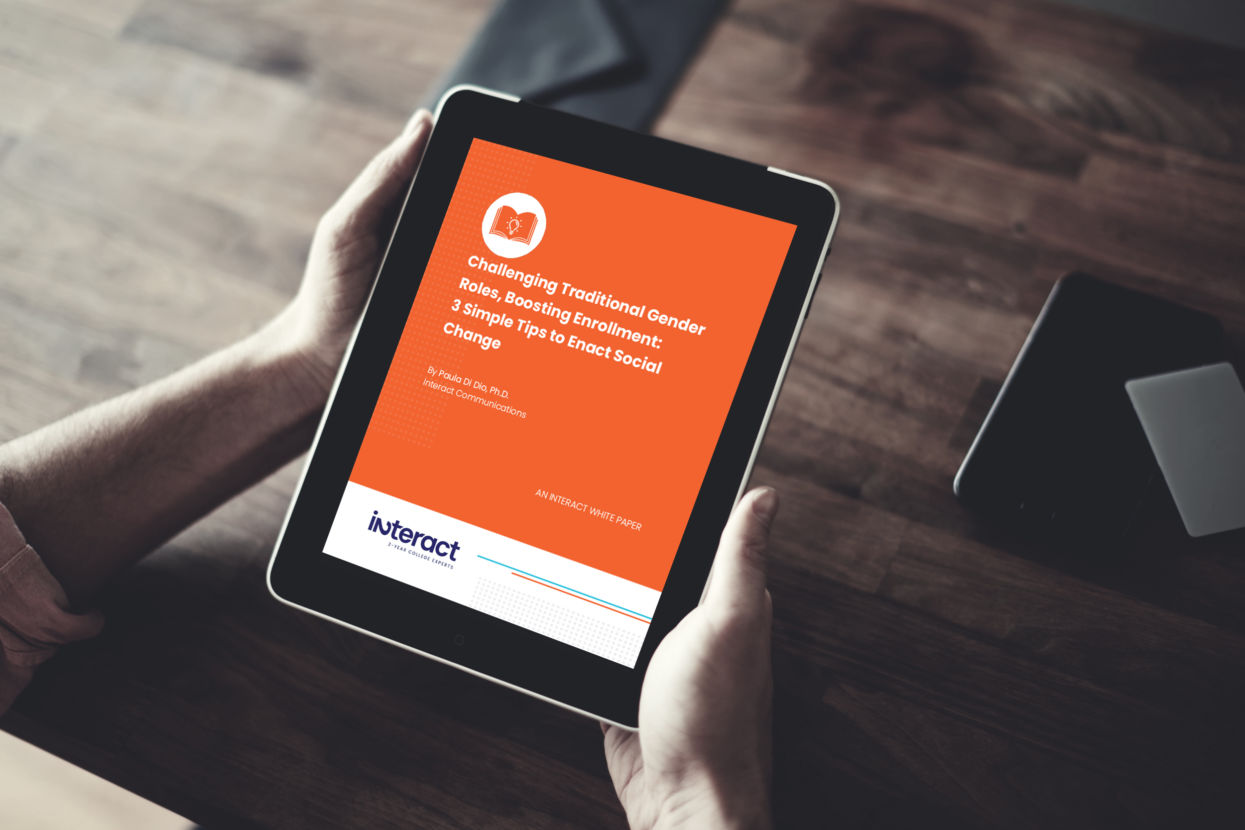As the Chancellor’s Office prepares to disperse April allocations for Guided Pathways colleges which have submitted multi-year work plans, it has now published expenditure guidelines for those allocations on the Guided Pathways website.
The primary intent of this set of guidelines is to maximize flexibility for colleges to use these funds to fortify efforts toward Guided Pathways implementation. As already outlined, the funding will be provided annually for the next five years. The first year represents 25 percent of the total funding allocated to the individual colleges and districts, with year two bringing 35 percent of the total funding, in an attempt to “front-load” resources for smoother implementation.
The Chancellor’s Office is moving toward providing more flexibility for resources. In the past, as allocations were made for initiatives like Equity, Student Success and Support Program (SSSP), and Basic Skills Initiative (BSI), varying funding streams with different requirements have rendered planning and spending more challenging. Thus, the Guided Pathways spending guidelines align with those programs, emphasizing reasonable and justifiable expenses.
For many colleges, those resources are earmarked for professional development, research, software or web design, additional leadership or release time. All of those expenses are allowable, and the Chancellor’s Office will not mandate how the funds be spent. The individual college needs to determine its own needs and determine the ways for the resources to be best used. It’s also important to note that the funding for Guided Pathways is intended to be fuel for the innovative engine of the colleges. While those funds will probably not address all identified needs, it is strongly recommended that college leadership examine existing resources and engage in dialogue about how they may be leveraged for emerging needs resulting from Guided Pathways implementation.
The funding guidelines can be found here. Generally, they address the few exceptions that are legally imposed, but beyond those exceptions, colleges should prioritize their needs and determine locally the reasonable and justifiable threshold as planning work continues. Any specific questions can be directed to guidedpathwaysinfor@cccco.edu.



